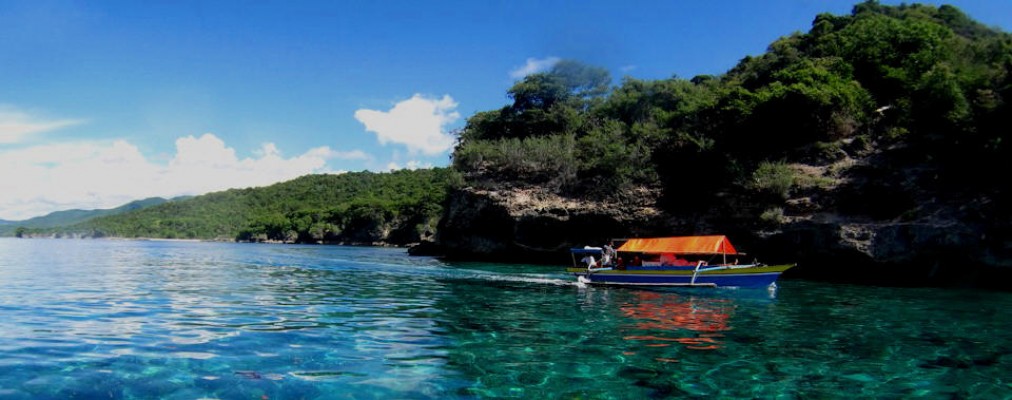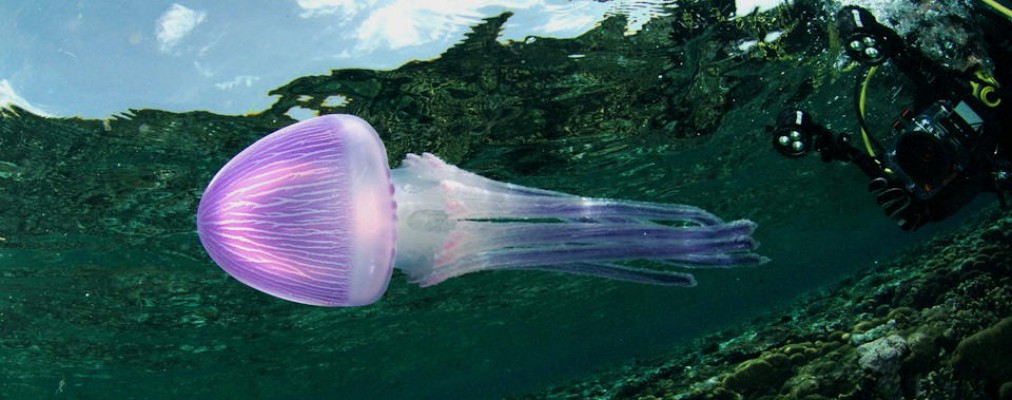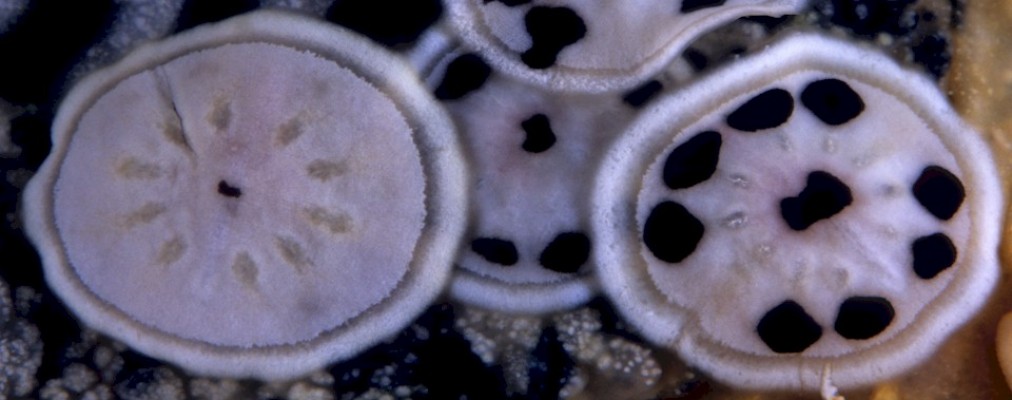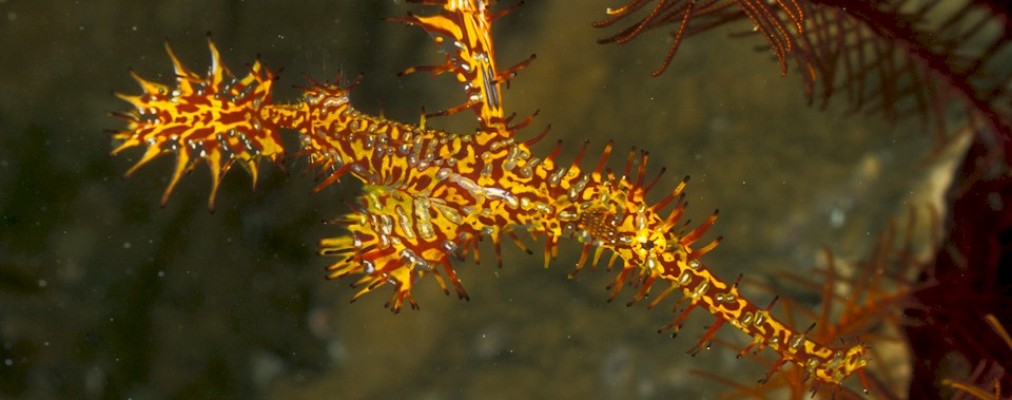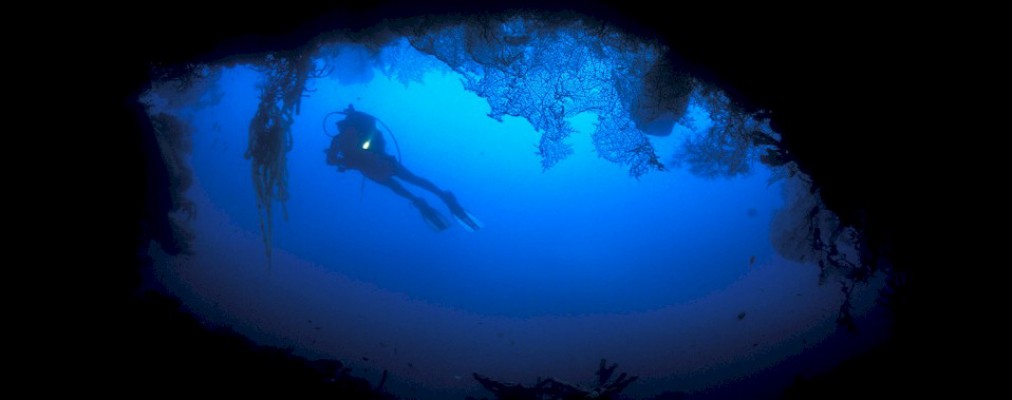Loading content - please wait...
Zosterops chloris nests at Miguel’s Diving dive center
Zosterops chloris is a small lemon colored bird with a beautiful ring of tiny white feathers around its eyes. Commonly called Lemon-bellied white-eye, it is endemic to Indonesia. Here its name is burung katamata laut.
Regular Nesters in Miguel’s Diving Green Zone
At our dive center, we seek to maintain green zones, even though our property is small. In front we maintain a grassy area edged in flowers. In the back are clusters of bamboo and trees. These are commonly used as green fencing locally. Also, we have climbing, flowering vines.
With branches towering far above the ground, a pair of Zosterops chloris have built their nest for several years in a row. After raising their young
, all the birds leave until next nesting time. As of this blog posting, they are nesting again and sing twice a day.Rescuing Fallen Juvenile Birds
One year when the juvenile birds were learning to fly, both fell to the ground. Fortunately, our dive staff were working on the speed boats that day. Boka, a dive master, noticed a large rat quietly approaching the helpless birds. He quickly scared the rat away and picked up the baby birds. Then, he placed each one on a low branch.
The parent birds quickly flew down. They made much chirping sounds to encourage their babies to try to fly up the tree in a series of short flights. One baby made a return to the nest high in the tree. Its sibling was too afraid to try. So, one parent bird perched next to it and they both slept there through the night.
Naturally, our dive staff stayed away from the baby and parent. We only checked on them occasionally during the night. However, by dawn both were gone. In the following days, we saw all four birds. After that incident, the adults seem to know Boca and start chirping if he is working at the dock.
Zosterops chloris
, Exclusive to IndonesiaZosterops chloris is found from the Sunda Strait west to the Aru Islands. However, it is said to be missing from the Indonesian archipelago’s large islands of Borneo, Java, Sumatra, and Timor. Based on small color variations, research in 2017 states that there are five sub-species. We are not sure which one of those nests on our property. The geographic complexity of Indonesia has created genetically isolated populations.
This small bird measures about 11 centimeters. It has a lovely, high-pitched song. Dive staff hear the nesting pair sing in the early morning. Also, they sing in the late afternoon. Recordings of their song are available at this link.
For your chance to see one of these delightful birds while waiting to board one of our speed boats, please make your dive reservations with us.
